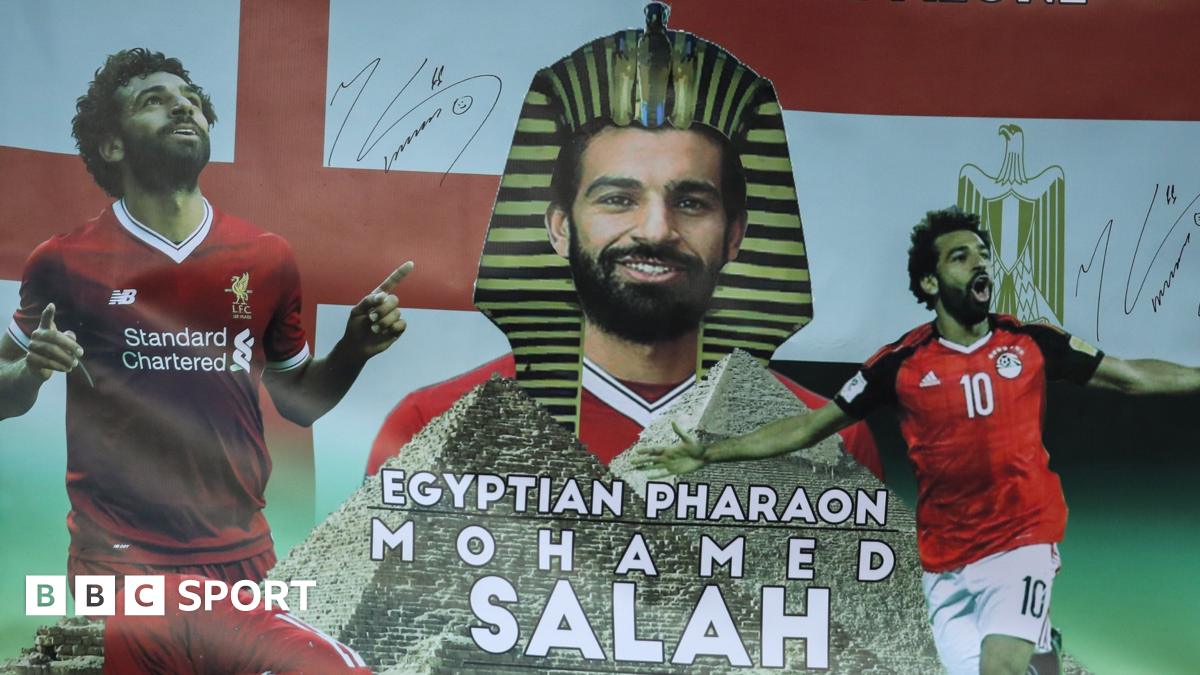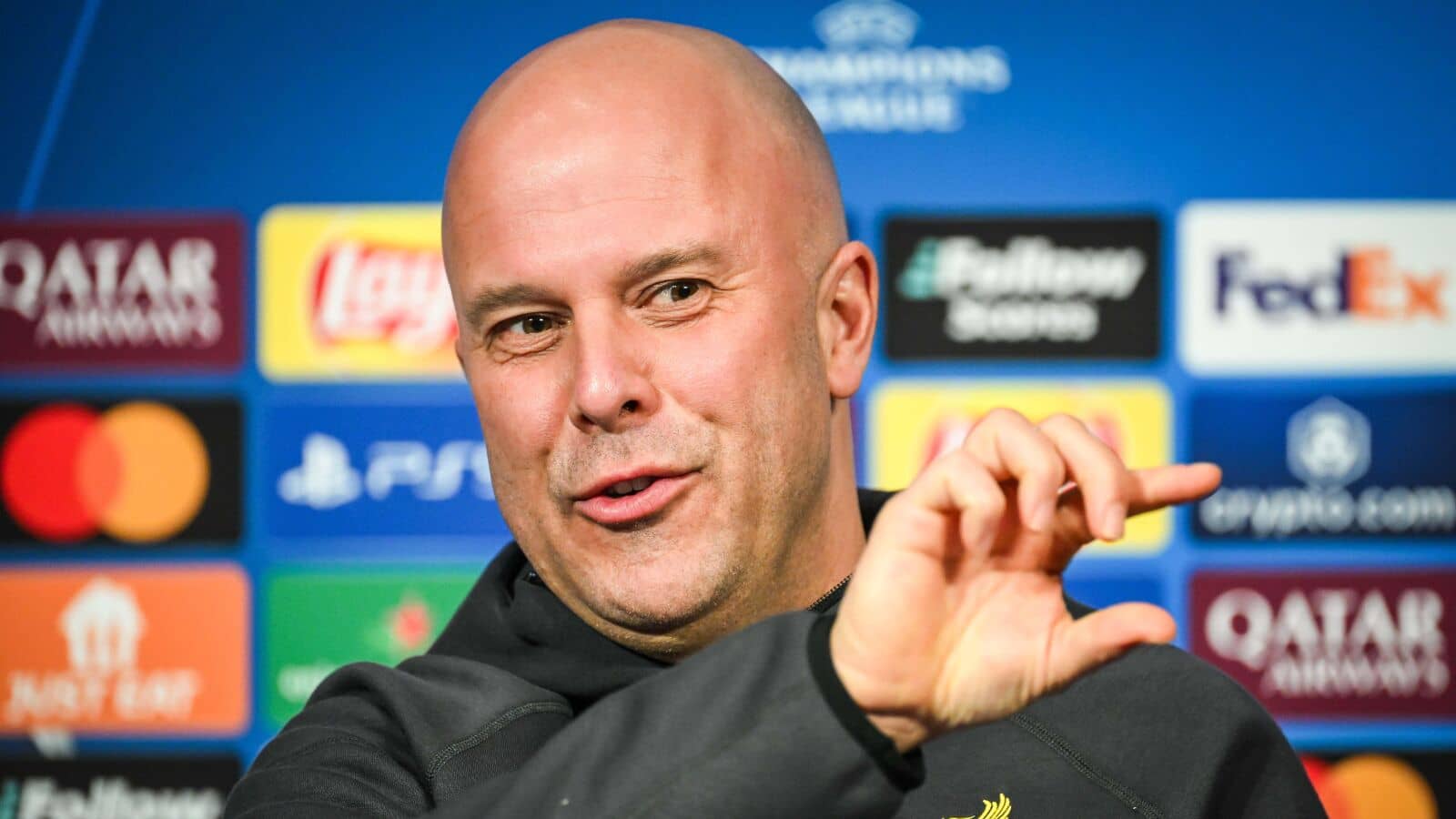Mohamed Salah: Egyptian king

"Whenever I walk in here, I can't help but recall how he used to move and the way he controlled the ball. It was something else."One of Mohamed Salah's first coaches is opening the all-new dark green gates of the youth centre in Nagrig, a village about three hours north of Cairo. This is where it all began for one of the world's most prolific forwards - a player who propelled Liverpool to the Premier League title in May.It was on the streets of Nagrig where a seven-year-old Salah, external would play football with his friends, pretending to be Brazil striker Ronaldo, France's legendary playmaker Zinedine Zidane or Italian maestro Francesco Totti."Mohamed was small compared to his team-mates, but he was doing things even the older boys couldn't manage," Ghamry Abd El-Hamid El-Saadany says as he points to the artificial pitch which is now named in Salah's honour."His shots were incredibly powerful, and it was obvious that he had determination and drive."Salah, 33, is about to embark on his ninth season at Liverpool, where the winger has scored a remarkable 245 goals in 402 league and cup appearances since joining in 2017.Egypt's first global football superstar has won every domestic honour as well as the Champions League with the Reds, but has yet to taste success with his country.With the Africa Cup of Nations in December and the 2026 World Cup on the horizon, BBC Sport visited Egypt to discover what Salah means to the people of the football-mad country of 115 million, and how a small boy from humble beginnings became a national icon."I still feel my father's joy when I watch Salah," says Lamisse El-Sadek, at the Dentists Cafe in the east of Cairo. "After Salah joined Liverpool, we used to watch every match on television together."The cafe is named after the former owner's original profession and is now where Liverpool fans gather to watch matches on the big screen.Lamisse is wearing a Liverpool shirt with her father's name on the back. "He sadly passed away two years ago," she adds."Every Liverpool game was some of the happiest two hours in our household every week and even if I had to miss some of the game due to school or work, my father used to text me minute-by-minute updates."Salah didn't come from a class of privilege. He really worked hard and sacrificed a lot to reach where he is now. A lot of us see ourselves in him."You can listen to the full version of Mohamed Salah: The Egyptian King here.


/https%3A%2F%2Fsportsmole-media-prod.s3.gra.io.cloud.ovh.net%2F25%2F10%2Fchido-obi.jpg)









